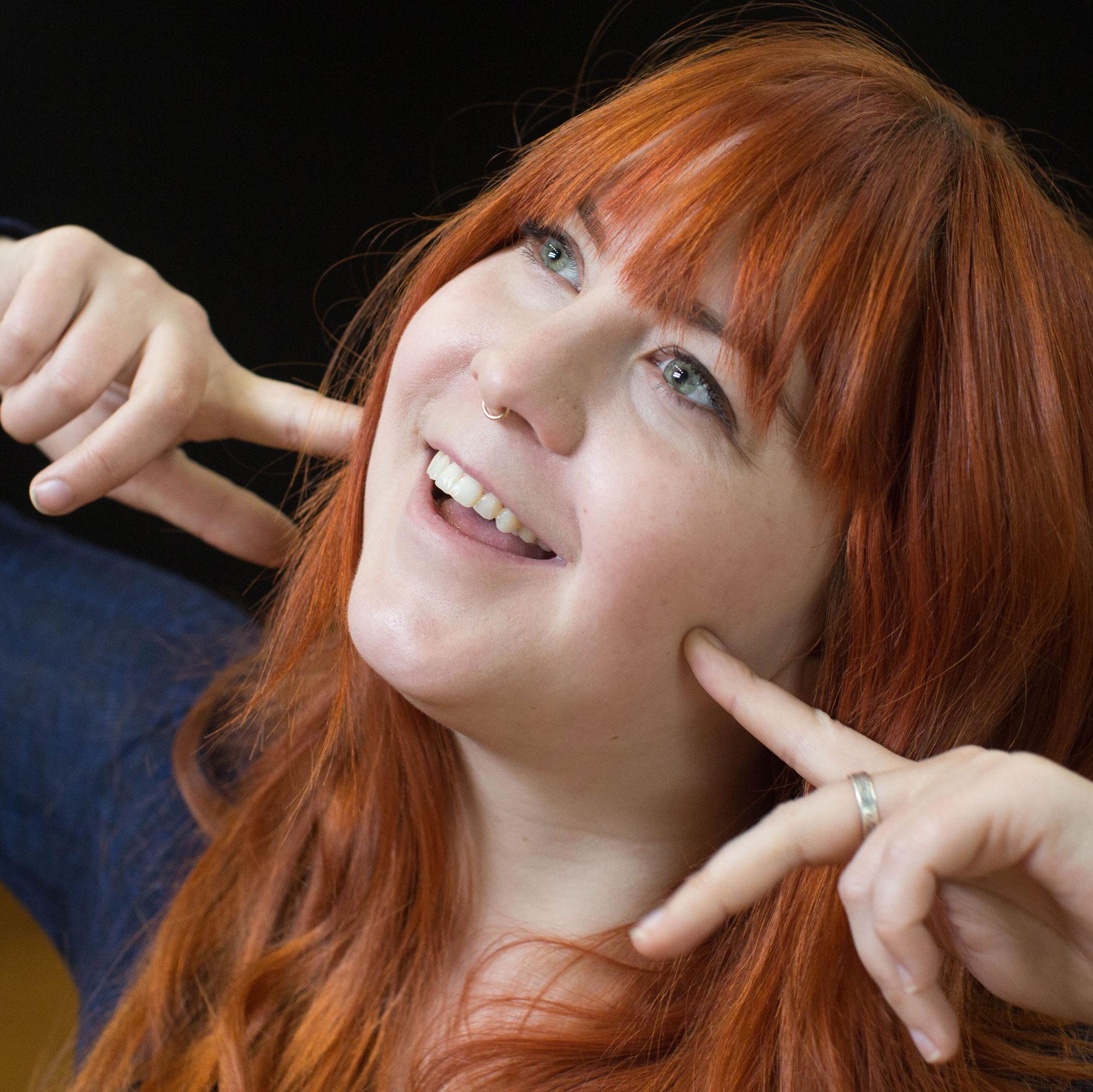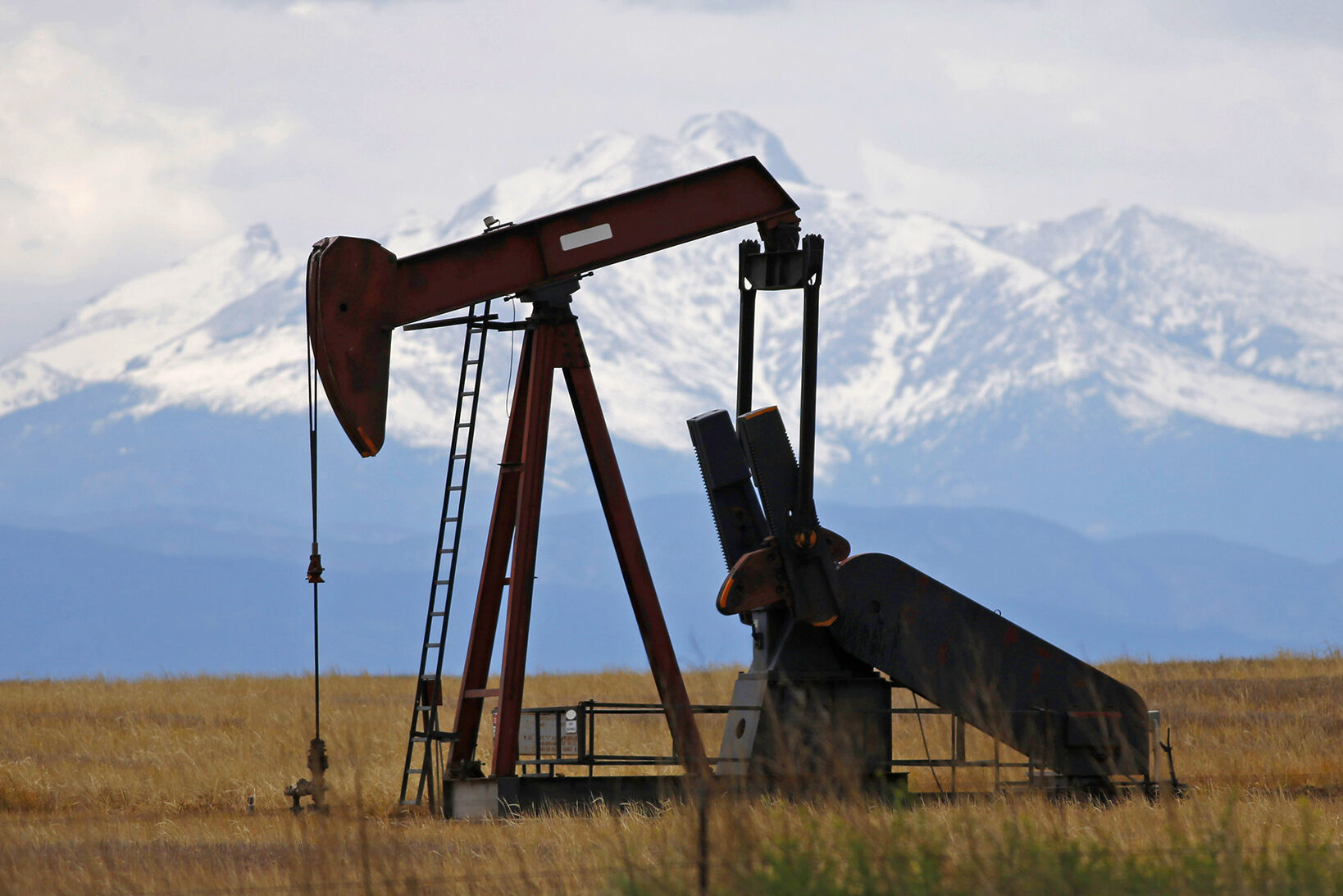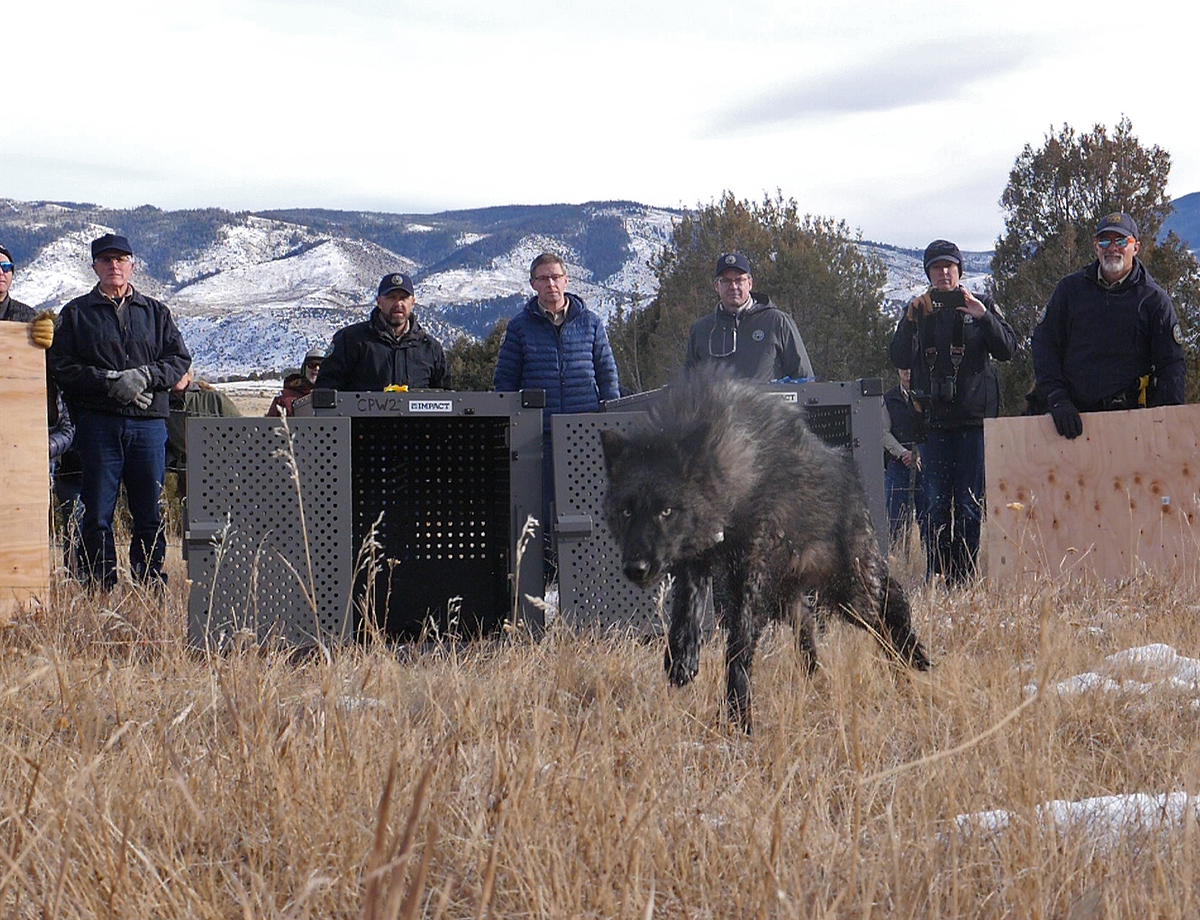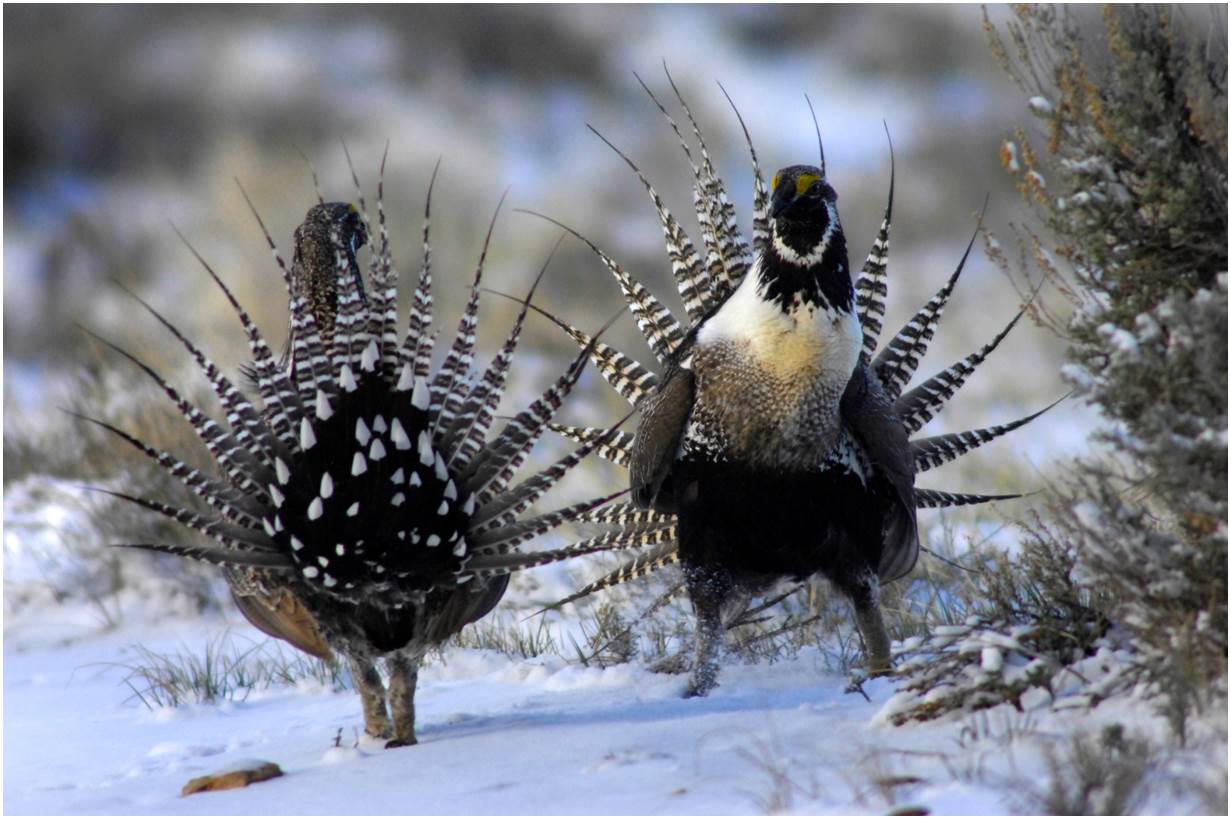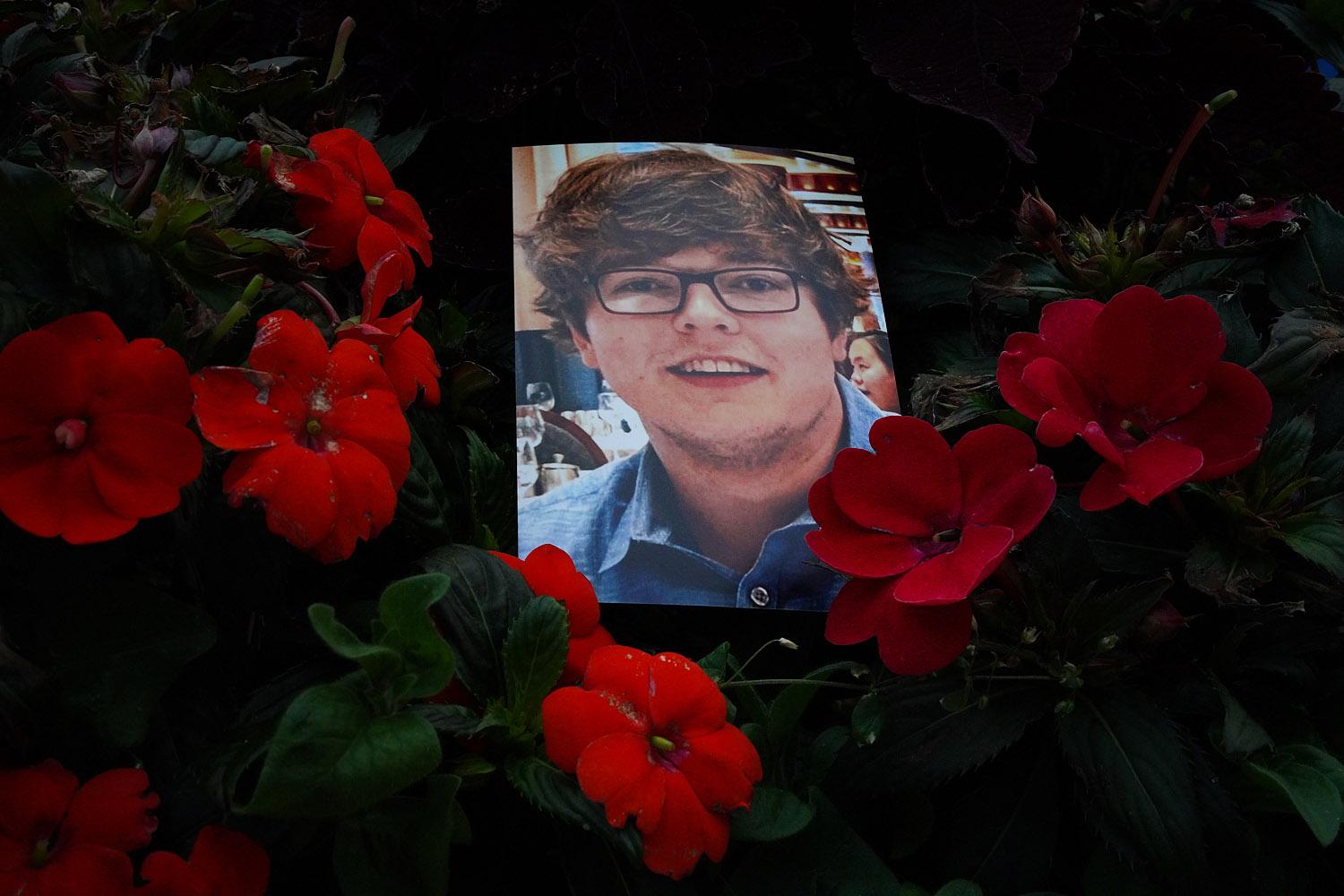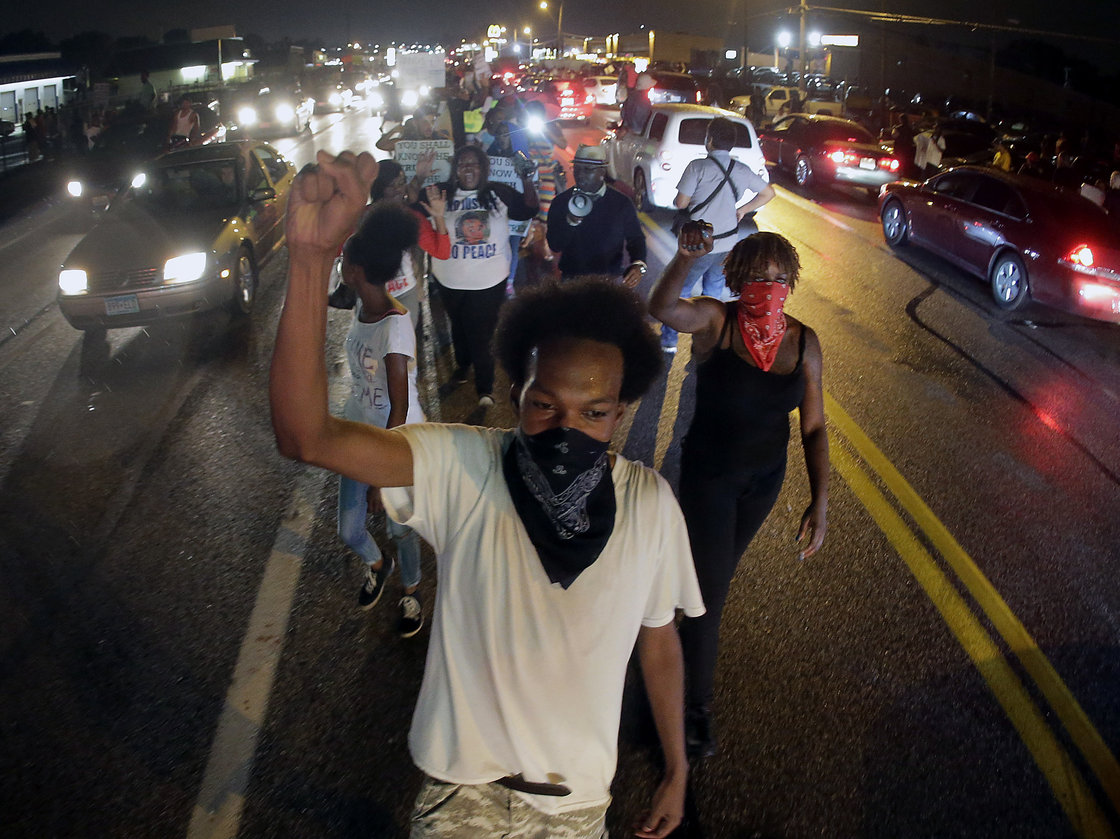

It echoed the slogan of those who want answers in Missouri following the death of Michael Brown. With nearly 1,000 miles between them, this man was standing with the protesters in Ferguson.
This year marked the 50th anniversary of the signing of the Civil Rights Act of 1964, which made its way into being thanks directly to the brave acts of civil rights activists who organized and fought against those who tried to silence them.
Disturbingly, the images captured of the demonstrations in Ferguson, Mo., (and across the country as communities stand in anger and empathy) are eerily reminiscent of those from civil rights protests of the 1960s.
I stayed up all night last Wednesday watching live feeds of the events on the ground in Missouri. On Thursday, I turned to feeds from New York to watch thousands of protesters boxed in and threatened.
On Sunday night I was glued to Twitter as live updates poured in that clashed with previous accounts claiming the tides of unrest in Ferguson had turned with the appointment of Captain Donald Johnson as head of security operations.
Social media has documented the terrifying, confusing, and contradictory nature of this historical event, while in the past, that role was left to music. Those songs of the civil rights movement created to empower, educate, and uplift now serve as a potent reminder of our past.
Songs like “We Shall Overcome,” “The Revolution Will Not be Televised,” and “We Shall Not be Moved" capture a moment and contain a lesson to carry with us today. Music has a way of both strengthening a message and isolating an experience. It helps build a thought into collective consciousness, and a moment into a movement.
Though the images of police facing off with protesters are shockingly similar 50 years later, our means of communicating are worlds apart. While Twitter and live streams have been telling me the story of Ferguson, I only hope that music continues to play its part to solidify and disseminate the experiences of civil unrest.
So far, Ezra Furman has the created the only protest song I've seen for this sad chapter: a low quality web recording that demonstrates the same raw anger and frustration shared with many across the country. Have you seen any others?
These are the some of the protest and civil rights songs that document injustice and helped shape history:
